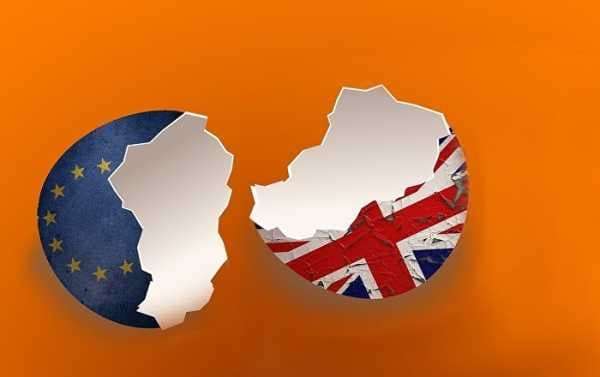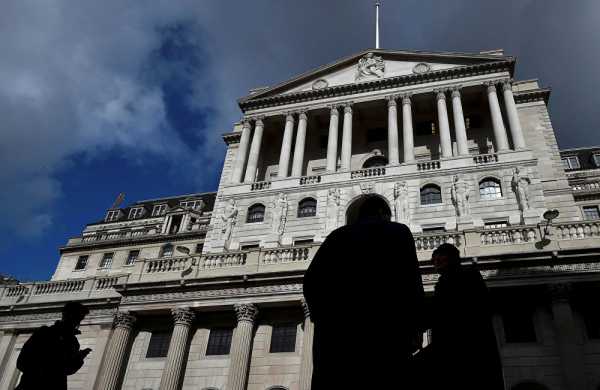
Bank of England Governor Mark Carney has indicated that the UK fiscal policy is shifting to a more accommodative stance, as it goes through the process of adjusting to the yet uncertain economic relationship with the European Union.
The future of the fifth largest economy in the world is dependent on the nature of the EU withdrawal and the quality of the transition period, Mark Carney said on Thursday. The monetary response to whatever deal comes out of the negotiation rooms in Brussels could go in either direction, he warned.
His comments come as the Bank of England (BoE) on Thursday trimmed its growth forecasts and froze interest rates.
The Monetary Policy Committee (MPC) will keep its Bank Rate at 0.75 percent and maintain the stock of UK government bond purchases, financed by the issuance of central bank reserves, at $563 billion (£435bn).
Whatever happens as a result of UK-EU Brexit talks, British monetary policy will “act to ensure price stability,” the BoE Governor said. In terms of projections for the future, the MPC outlined the expected growth of GDP.
“In the Committee’s central projection, conditioned on the gently rising path of Bank Rate implied by market yields and on a smooth adjustment to the average of a range of possible outcomes for the United Kingdom’s eventual trading relationship with the European Union, GDP is expected to grow by around 1¾% per year on average over the forecast period.”
In the case of a no-deal Brexit, there would be a hit to supply, “potentially fairly large and certainly more rapid than one is accustomed to in an advanced economy,” Carney suggested. He then reassured the public that banks would be ready for any scenario, having secured adequate liquidity and contingency plans.
Brexit uncertainty has seen the UK currency fluctuate in the past several months, hitting its lowest points and climbing back up, reactive to the success of PM Theresa May’s discussions with Brussels.

City workers walk past the Bank of England in the City of London, Britain, March 29, 2016.
Pound sterling rallied on Thursday following a rise the previous day when UK Brexit Minister Dominic Raab said he expected a Brexit deal to be concluded by November 21.
The European Council meeting in December is widely viewed as the practical deadline for Britain to finalize the conditions of its withdrawal from the bloc.
“As the deadline for concluding the Withdrawal Agreement approaches, the expectations of households and businesses are diverging somewhat from this base case assumption. In general, households are more sanguine, while businesses are more wary. These shifting expectations could lead to some greater-than-usual short-term volatility in the data,” Mark Carney said on Thursday.
Sourse: sputniknews.com






